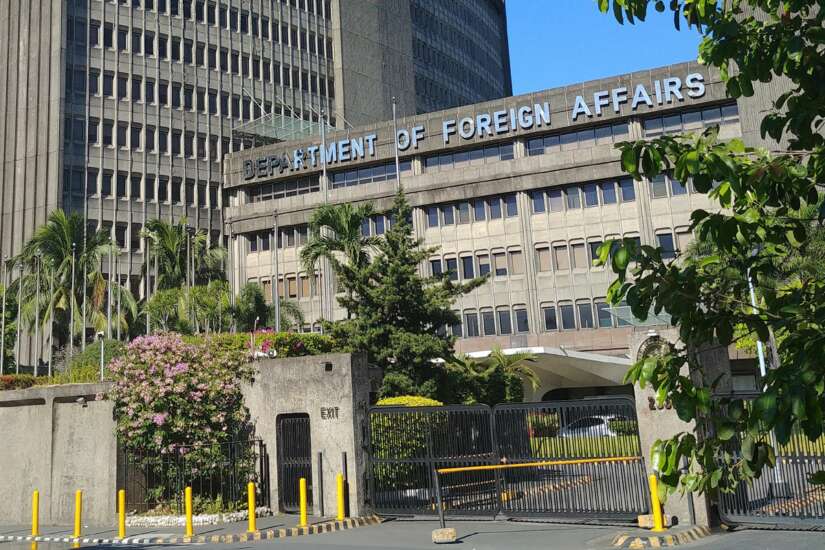THE lonely and painful struggles of millions of overseas Filipino workers (OFWs) who were powerless to defend themselves served as the inspiration of the Department of Foreign Affairs (DFA) to pursue the anti-kafala campaign since 2017.
“It took the tapang at malasakit of the Filipino people led by our President, NGOs, our diplomats — and the millions of OFWs who had no voice, but whose painful silence inspired us to do better and to stand up to the powers that be and proclaim to the world that we have had enough,” former Foreign Affairs Secretary and now Taguig-Pateros First District Rep. Alan Peter Cayetano said in a statement.
Cayetano lamented that while the OFWs have been called modern-day heroes for decades, it is only now that they are being treated that way with the strong push to have the kafala system in the Middle East overhauled.
He said the recent move of the Kingdom of Saudi Arabia (KSA) to ease its kafala system, removing key restrictions on foreign workers including the OFWs, is “a victory against oppression.”
The KSA had announced on November 4, 2020 that beginning March 14 next year, migrant workers will no longer need their employers’ permission to change jobs, travel abroad, or leave the country permanently.
Cayetano said the KSA’s move paves the way for the improvement of the OFWs’ condition, reducing the threat of “humiliation, physical abuse, and even death in foreign lands.”
He expressed gratitude to President Rodrigo Duterte for giving clear direction when he was leading the DFA to prioritize the welfare of OFWs and for giving the department a “free hand” In how to approach the challenges.
The lawmaker recalled the strong words of the President who said the Filipino is “no slave to anyone, anywhere, and everywhere.” This became the DFA’s marching orders to launch its anti-kafala campaign in 2017, he added.
He also said he was “especially thankful and proud of our OFW groups and NGOs, the DFA and all those who kept the faith and fought the roots of abuse.”
Likewise, he thanked current Foreign Affairs Secretary Teddy Boy Locsin “who saw it through.”
The kafala system is used to monitor migrant laborers in Gulf Cooperation Council member states and neighboring countries, namely Bahrain, Kuwait, Lebanon, Qatar, Oman, Saudi Arabia, and the United Arab Emirates.
The system is open to abuse and has resulted in maltreatment of migrant workers, many of them Filipinos.
“When we started the long and difficult fight against the kafala system in the Middle East, we knew it would not be an easy campaign. The system, after all, had been in place for decades and had remained virtually unchallenged by the rest of the world,” Cayetano said.
He said this took place during the height of the global attacks against Duterte’s administration for alleged human rights violations.
“But the President was very clear — we will not only protect our kababayans in the Philippines against those involved in illegal trade and the evil of shabu, we will also stand up for them wherever they were in the world,” he said.
“Many times we were criticized and even chastised for our efforts to help our kababayans in danger, but we pressed on, believing that our cause was just,” he added.
Cayetano said recent events now show that those who fought and stood their ground have been “vindicated.”
He also thanked the Kingdom of Bahrain for being the Philippines’ “strong and stable partner for change,” supporting the country in its proposed anti-kafala provisions in the Global Compact for Safe, Orderly and Regular Migration.
“This partnership was viewed with much interest because for the first time in history, a country of origin with the world’s gold standard for migrant protection and a progressive and reformist country of destination were calling for labor reforms in the Middle East,” he said.

